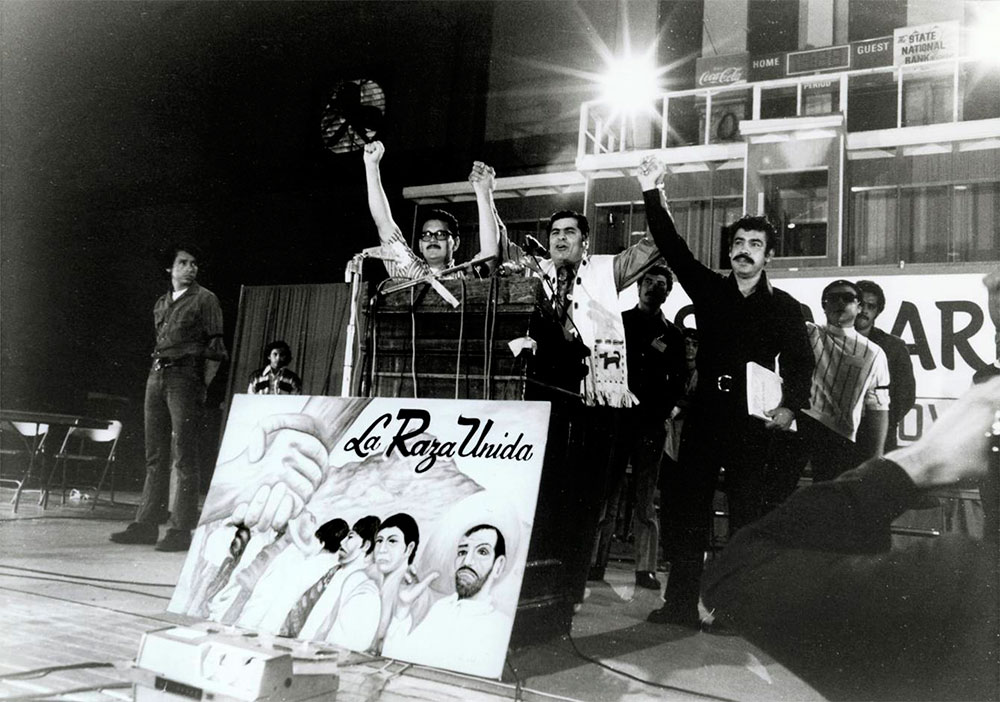Why term ‘la raza’ has complicated roots in US

*Maybe NCLR changed its name becasue it was too hard to explain outside the Mexican-American community. They could have used this article years ago. VL
By Russell Contreras, The Associated Press (4.5 minute read) 
ALBUQUERQUE, N.M. (AP) — The National Council of La Raza announced this week that it was changing its name to UnidosUS, dropping a word that has deep roots but may have hurt the organization in moving toward the future.
The change to remove “la raza” comes amid a backlash from conservatives and a desire by the civil rights group to appeal to younger Latinos in the United States.
The term la raza —meaning “the people” — has roots in post-revolution Mexico and in the U.S. Chicano Movement of the 1970s which helped elect some of the nation’s first Latinos to public office. Often mistaken for its literal meaning in English, “the race,” la raza has been used to describe people whose families have migrated from Latin American countries.
But in the ever-evolving discussions of race and ethnicity in the U.S., some Latino advocates see the term as outdated and no longer useful in an era of a racially diverse society and President Donald Trump.
A look at the history of the term la raza in the United States:
___
LA RAZA CÓSMICA
Following the Mexican Revolution, cultural philosopher José Vasconcelos penned the essay “La Raza Cósmica,” or “The Cosmic Race,” in 1925 in response to white supremacist rhetoric coming out of the United States and Europe. Vasconcelos argued that a “fifth race” of people had emerged in the Americas that encompassed races from around the world and transcended all the others.
The mixture of the indigenous and the Old World, he wrote, were “the moral and material basis for the union of all men into a fifth universal race, the fruit of all the previous ones and amelioration pf everything past.”
José Angel Hernández, a University of Houston history professor, said Vasconcelos became the first Mexican presidential candidate to campaign in the United States among Mexican-Americans. There, he spread his message about “la raza cósmica.”

